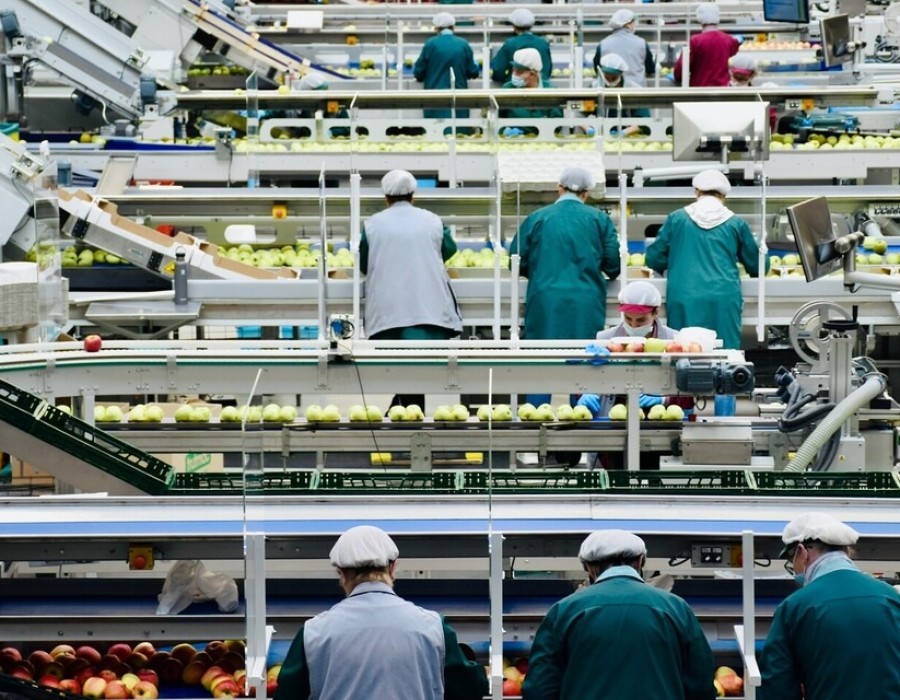In today’s fast-paced world, safety and well-being should never take a backseat. Whether in the workplace, at home, or out in the community, preparedness can make all the difference. Education plays a crucial role in fostering safety-conscious behaviors, and specialized training programs like food safety courses and first aid training courses are pivotal in equipping individuals with the necessary skills to manage emergencies and maintain high standards of safety.
Understanding Food Safety: A Foundation for Health
The significance of food safety cannot be overstated, as it directly impacts public health. Food safety courses are meticulously designed to teach individuals the principles of safe food handling, storage, and preparation. These courses ensure compliance with hygiene standards, reducing the risk of foodborne illnesses.
From restaurants to schools and even home kitchens, food safety training provides the knowledge required to identify potential hazards. Participants learn how to prevent contamination, understand temperature control, and implement proper cleaning techniques. This not only safeguards consumers but also enhances the reputation of businesses. A well-trained workforce in food safety can drastically reduce the incidence of outbreaks, contributing to the overall health of the community.
First Aid Training: A Lifesaving Skill
Accidents are unpredictable, but knowing how to respond can mean the difference between life and death. First aid training courses offer invaluable knowledge and practical skills to handle emergencies effectively. These courses prepare individuals to provide immediate assistance in situations such as choking, burns, fractures, and even cardiac arrest.
Participants gain hands-on experience with CPR, bandaging techniques, and managing shock, ensuring they remain calm and capable during emergencies. First aid training isn’t just for healthcare professionals; it’s equally vital for employees, parents, teachers, and anyone who wants to make a difference in critical situations.
Moreover, the confidence gained through these courses often translates into quicker decision-making and improved outcomes during emergencies. Being equipped with first aid skills not only saves lives but also promotes a culture of safety and preparedness.
The Intersection of Food Safety and First Aid
While food safety courses and first aid training courses may seem unrelated at first glance, they intersect in significant ways. Both emphasize risk assessment, prevention, and response strategies. For instance, food handlers trained in first aid can quickly address minor injuries like cuts or burns that might occur in a kitchen setting. This dual knowledge ensures a safe working environment and minimizes disruptions.
In high-pressure environments like food processing plants or restaurants, having employees trained in both food safety and first aid adds an extra layer of security. It ensures that hygiene standards are maintained while emergency incidents are managed efficiently.
Building Confidence Through Training
Both food safety courses and first aid training courses instill confidence in participants by providing them with the tools to act responsibly. This confidence fosters a sense of accountability, encouraging individuals to take proactive measures rather than reactive ones.
For example, a food safety-certified chef is more likely to implement strict hygiene practices, reducing the risk of cross-contamination. Similarly, a first aid-trained teacher can address injuries in a classroom without hesitation, ensuring the child receives timely care.
The knowledge gained from these courses also has a ripple effect. Trained individuals often share their expertise with family, friends, and colleagues, creating a community more aware and prepared for safety challenges.
A Step Towards Professional Growth
Beyond personal benefits, completing food safety courses and first aid training courses can significantly boost professional growth. Employers value candidates who prioritize safety and are trained in essential skills. For those in the food industry, certifications in food safety are often mandatory, reflecting their commitment to public health standards.
Similarly, first aid certification can make a resume stand out, especially in roles requiring interaction with the public or working in high-risk environments. These qualifications showcase a dedication to maintaining a safe and healthy space for everyone involved.
Fostering a Culture of Safety
The ultimate goal of training programs like food safety courses and first aid training courses is to create a culture where safety becomes second nature. This culture extends beyond workplaces into homes and communities, where people are better prepared to face challenges.
When safety measures are deeply ingrained in daily routines, they contribute to a more secure environment for all. By investing in these courses, individuals take the first step toward becoming active participants in fostering a safer world.






Comments